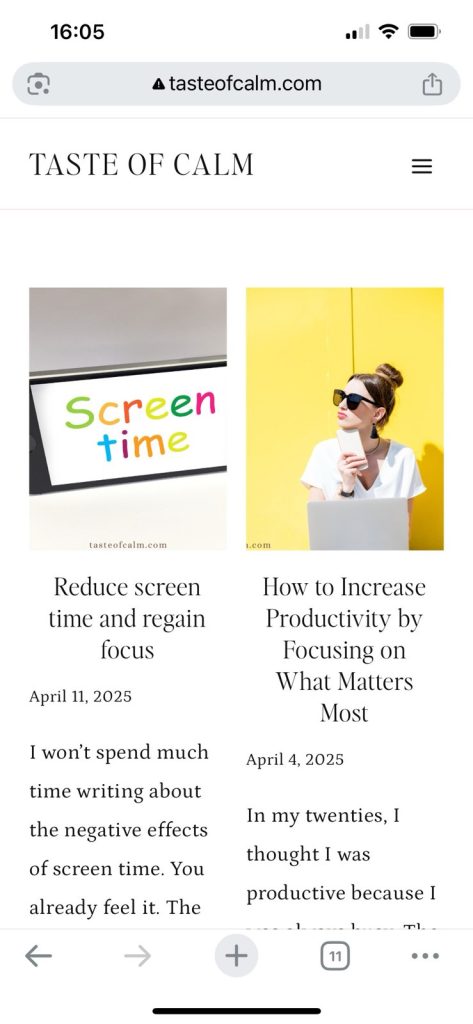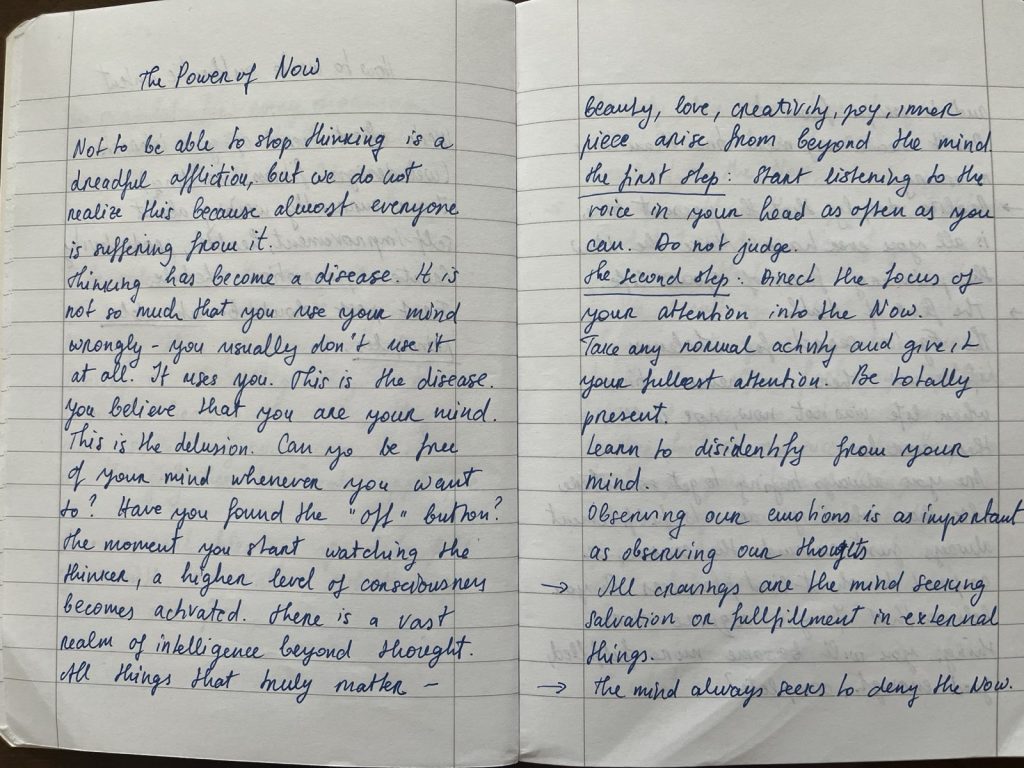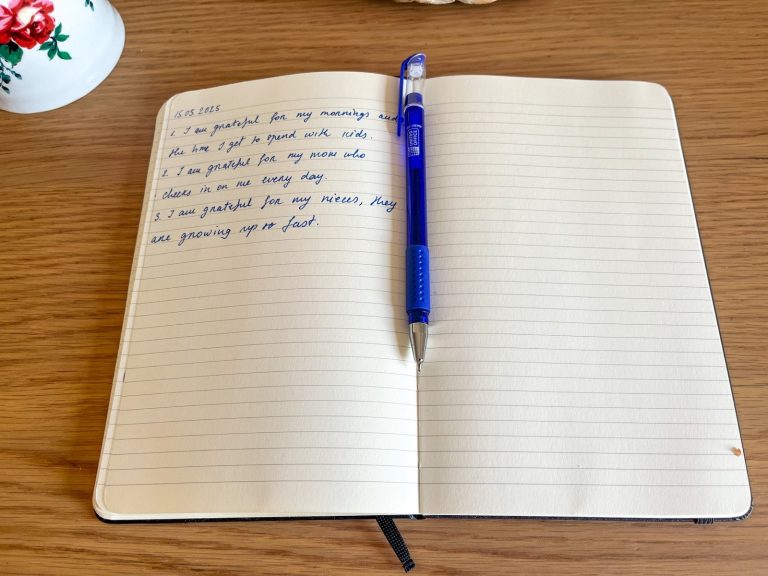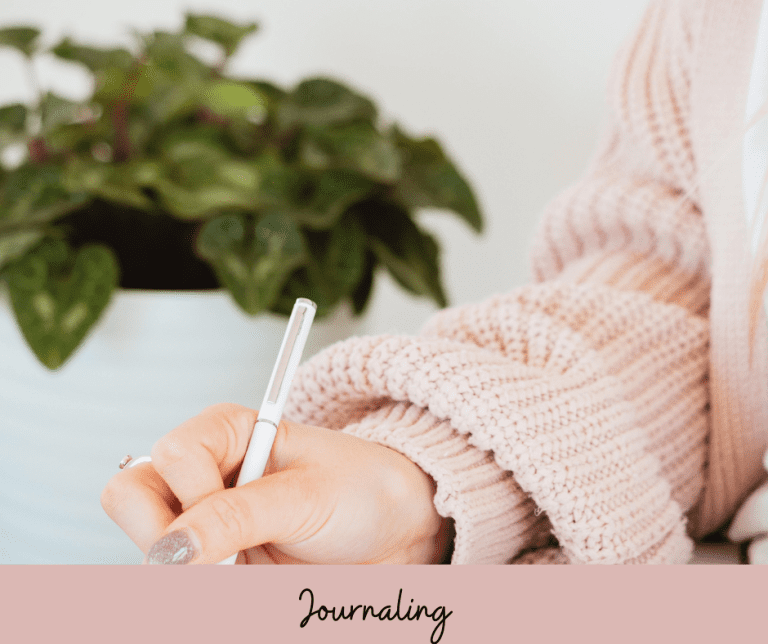Read Smarter: How to Retain More from Every Book You Read
To retain more from every book you read, you need to follow these steps: 1) choose the book based on your problems and/or interests, 2) read actively by underlining important sentences or using a reading journal 3) reread good books several times 4) implement what you learn immediately.
There are 3 major problems with reading:
- Very few people read books
- When they read, they don’t remember anything.
- People don’t like discomfort and don’t like to read more complex books.
Reading more books has plenty of benefits, but it’s only valuable if you retain what you learn. If you keep reading without remembering or applying anything, it’s no different than binge-watching a Netflix series. You’re consuming content, but not growing from it.
It’s not about how many books you read. It’s about what you take away from them.
Reading for pleasure is a great way to unwind, but this article is about reading to learn. If you want to retain more from the books you read, here are some of the best strategies I’ve found for improving reading comprehension and memory.
Read books that you can apply immediately
When I choose books based on what I need right now, I end up using what I read almost immediately. And the best way to learn something is by applying it.
For example, if you’re trying to build better habits and wake up earlier, you might pick up a book like The 5AM Club or The Miracle Morning. Since the topic is relevant to your current goals, you’re more likely to put the ideas into practice right away. That makes the material stick. You’re not just reading—you’re using what you learn.
Choosing a book that aligns with your life gives you a strong reason to pay attention and remember the key takeaways.
But if the topic doesn’t connect to your current situation, you’ll probably forget most of it. It’s harder to retain information you don’t need right now.
So, ask yourself:
What’s going on in your life right now?
Are you trying to start a business? Improve your relationships? Get more done in less time?
The more relevant the book is, the more you’ll retain.
Be very specific when you choose what to read. Only read books that teach you how to overcome your current challenges.
Share what you learn with others

Talking or writing about the books you read is one of the best ways to remember the key ideas. I often write about the books I read here on the blog,not just because it fits the theme, but because it helps me keep a short, clear reminder of the main points I want to revisit later.
If you have a blog or social media presence, sharing a few quotes or quick summaries from the books you read is a great way to process and reflect on what you’ve learned. It forces you to slow down and think: What was this book really about? What stood out?
When you share what you’ve read, you often gain new insights. You start noticing patterns, making connections between different books and ideas. That’s how you turn reading into active thinking, not just consumption.
Use a reading journal

A reading journal is my favorite tool. It’s just a simple empty notebook in which I write down ideas from the books I read.
I like to keep it near while I read and write down important ideas and quotes.
Then, a few months later, I go back and reread the most important parts. This is particularly useful if I read a self-help book and want to implement something I read about.
You would be surprised how much we forget in just a couple of weeks, let alone months.
Read the good book twice
When you find a book that really speaks to you, come back to it after a few months and read it again.
We often read in a hurry or get distracted. Every time I return to a book for the second time, I come across sections that feel completely new—like I missed them the first time. I’m sure I didn’t skip pages, but maybe I read them while tired, half-distracted, or too rushed to absorb the meaning.
Some books I’ve reread five times. Others I keep on my desk or bedside table to read a paragraph or two each day. They stay with me, and I keep returning to them because they hit something real.
When you find those books, hold on to them. There’s usually a reason why a certain book feels so relevant to you—and why its message keeps pulling you back.
My personal “go-back-to” books: The Power of Now by Eckhart Tolle, 7 Habits of Highly Effective People by Stephen R. Covey
Read actively
Actively engage in the book you’re reading, underlining and note taking (in the book) as you go. Whenever you are learning something, you need to highlight the important parts and sentences you want to remember.
I like to read at my dining table. I keep my reading journal nearby, and I write down sentences I find important.
I also use a pen to underline paragraphs that I can later use for my blog posts or transfer to my reading journal.
Actively reading means you are actively learning. Writing down important insights by hand helps you retain that information in your memory.
If you prefer the digital way of keeping notes, then you can use apps such as Evernote. Or I sometimes use Ulysses to capture my book notes, which are catalogued by topic. That system is useful since you can search your notes and revisit some sections without digging through the book manually.
But if you are trying to reduce screen time (and I believe we all are), then journaling is the way to go.
Visualize and imagine
Visualization is a powerful tool.
When we visualize something, we activate similar neural pathways in our brain as when we actually experience it. This process can influence our thoughts, emotions, and behaviors..
When you read a piece of advice you find particularly useful, visualize yourself doing it.
Visualize yourself running, walking through nature, or talking confidently on a stage. Whatever it is you are reading about, imagine yourself doing all these things.
This serves two purposes. It makes you retain and memorize the information more, but it also helps you mentally change and increase your confidence and belief in success.
Immediately apply at least one thing from the book
Knowledge alone is completely useless.
You are reading and learning because you want to change something in your life. Or improve yourself.
So you highlighted parts from a book and even took notes. But how will this affect your life? How will you grow and change?
When you finish a book, always ask yourself:
“What’s the one thing I’m going to apply after reading this book?”
It’s about what you do with your knowledge, not about how much you have.
There are a lot of people who read much more than you. But they are not necessarily in a better place in life. If you just accumulate knowledge, but do nothing with it, then it is useless.
Related posts
How to start a reading journal






